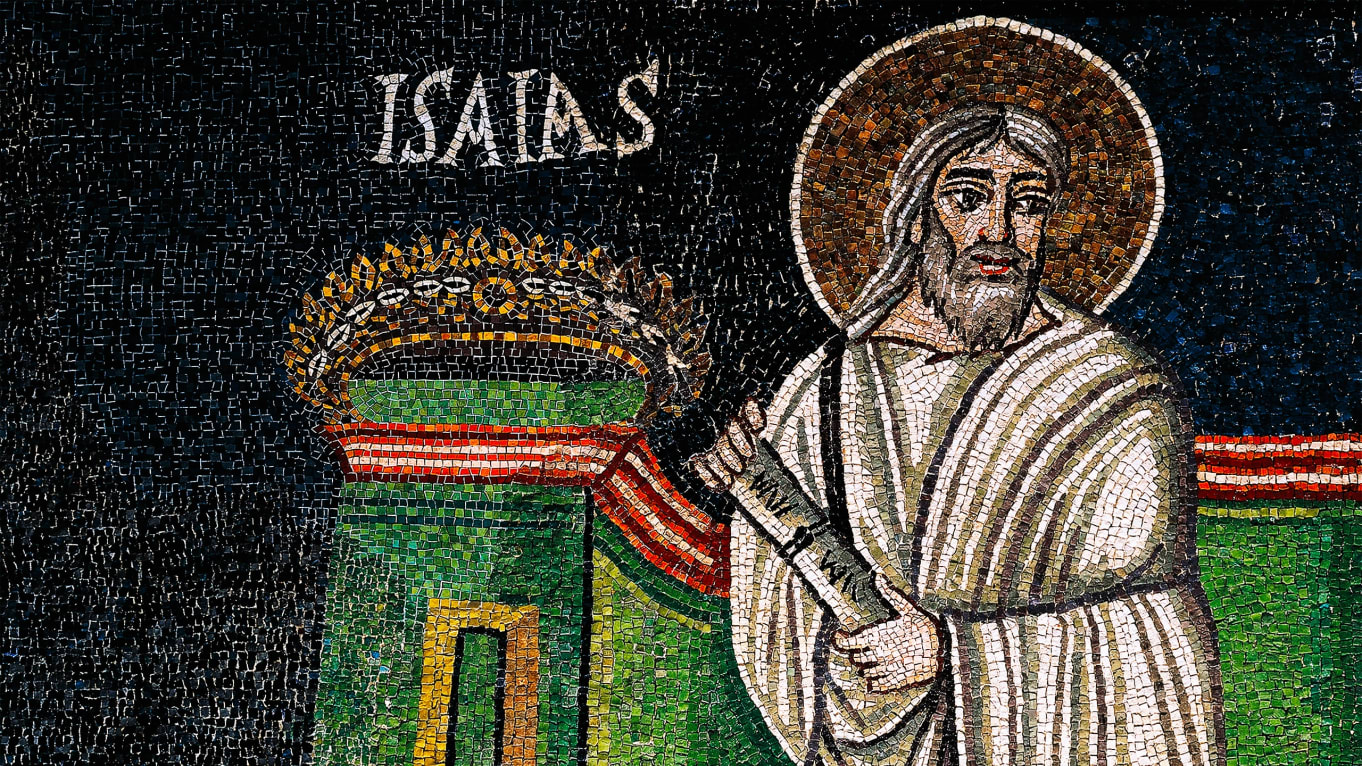"I will recount the steadfast love of the Lord, the praises of the Lord, according to all that the Lord has granted us, and the great goodness to the house of Israel that He has granted them according to His compassion, according to the abundance of His steadfast love. For He said, 'Surely they are My people, children who will not deal falsely.' And He became their Savior. In all their affliction He was afflicted, and the angel of His presence saved them; in His love and in His pity He redeemed them; He lifted them up and carried them all the days of old. But they rebelled and grieved His Holy Spirit; therefore, He turned to be their enemy,and Himself fought against them."
- Isaiah 63:7-10
Depending on interpretation, there are either two divine Persons or three in this passage. Since I believe that the name Yahweh refers only to the Son, for whom "angel of His presence" is a circumlocution for that same Son. Thus, you can see the Son and the Holy Spirit here. However, if you view the Lord here as being the Father, the implication is even stronger, indicating three divine Persons.
Anti-Trinitarians think they are clever in the oft-repeated challenge: "If God is three Persons, then why don't we see them in the Old Testament?" And the fact is that we do see them. Granted, they aren't revealed as completely in the Old Testament, but that is the nature of the relationship between the two Testaments, with types and shadows in the Old, and the clarity of the direct view in the New. As the slogan goes, "The Old Testament is the New Testament concealed, while the New Testament is the Old Testament revealed." That we see the trinity obscured does not mean that it is unknown in the Old Testament.





No comments:
Post a Comment